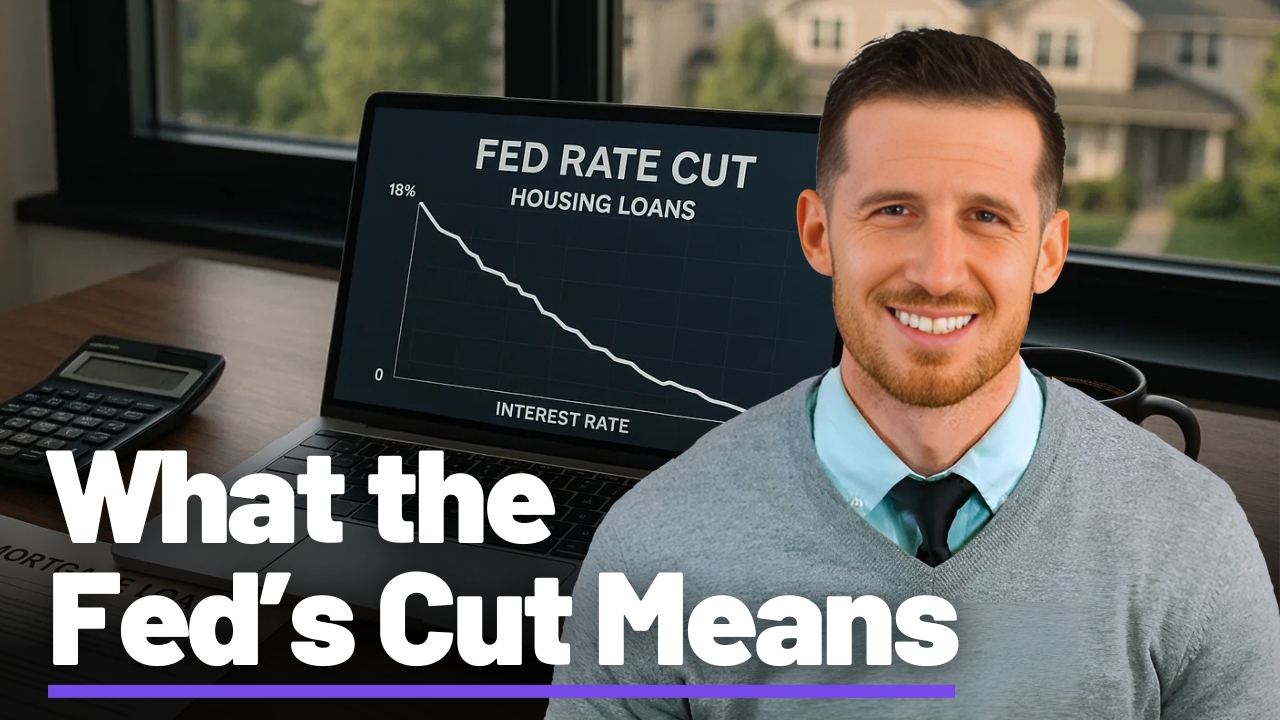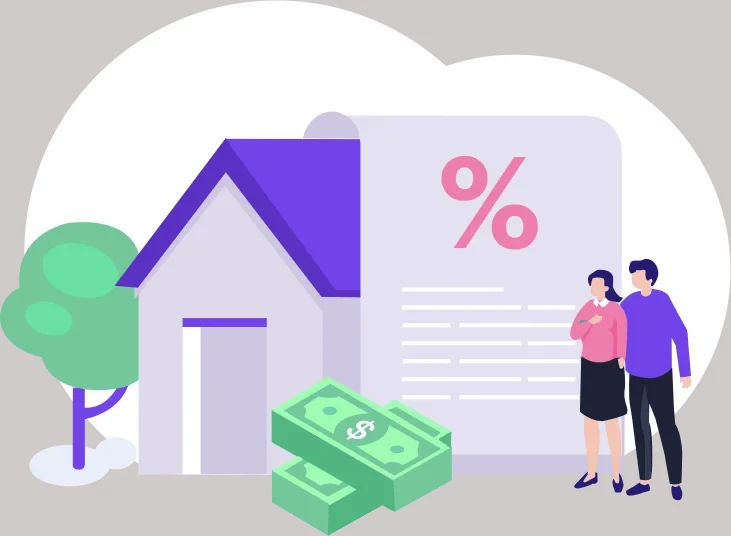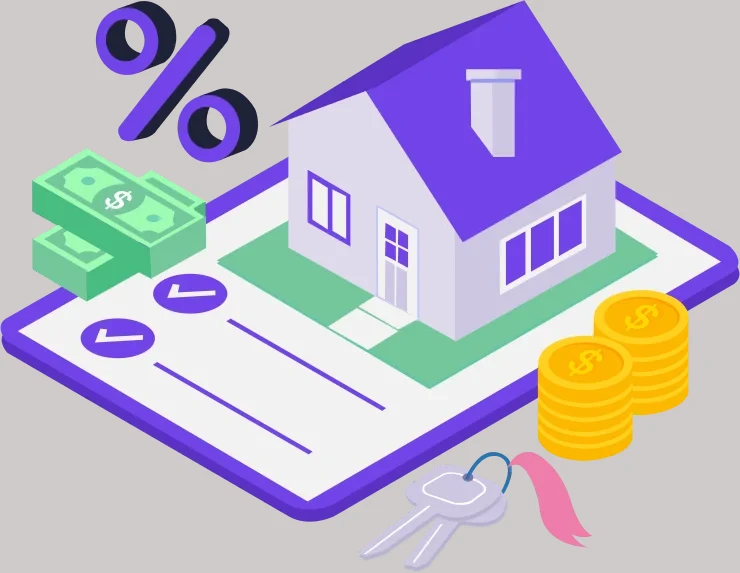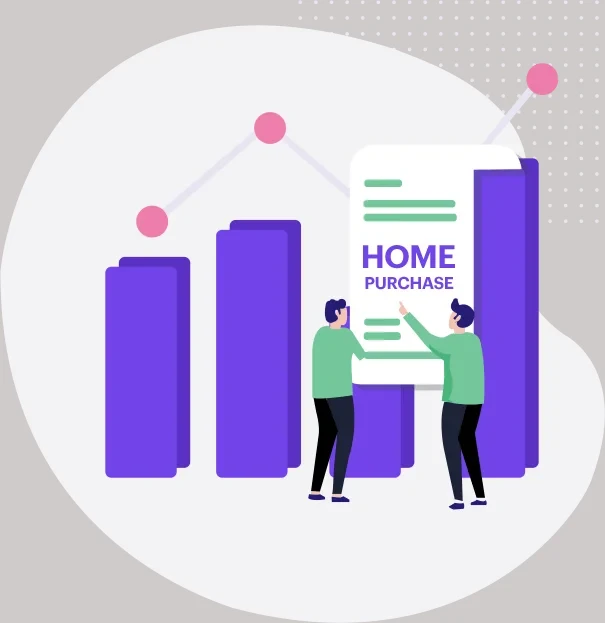Start Your Homebuying Journey Right. Book a free 1-on-1 session with Kyle to go over your homebuying options Book a Call
You’re self-employed and looking to buy a home. You run your own business, pay your bills on time, and likely make more than most W-2 employees. Yet, getting a mortgage feels like pulling teeth.
I can’t tell you how many times I’ve heard the same story from entrepreneurs, real estate agents, contractors, freelancers, and consultants:
“The bank told me I don’t qualify… even though I make good money.”
But why is it harder to get approved when you’re self-employed? Most lenders are trained to look at clean, W-2 income. They want predictable pay stubs and tax returns that show big profits. However, as a self-employed individual, you’re probably writing off expenses to reduce your tax liability. This can make your net income appear much lower than it actually is.
This disconnect highlights the importance of having the right loan strategy. Luckily, there are ways to navigate this without sacrificing your business practices.
Here are three key strategies to qualify for a mortgage as a self-employed borrower:
1. Know your income story. There are multiple ways to show income as a self-employed borrower, each fitting different financial situations:
- Traditional Method: Uses your last 1 or 2 years of tax returns (average of your net income after expenses). This is ideal if you report strong profits.
- Bank Statement Loan: Uses 12 or 24 months of business or personal bank statements to calculate income based on deposits, no tax returns required. Perfect for entrepreneurs with lots of deposits but high write-offs.
- P&L Only or 1099 Income: Some niche programs allow qualification using a profit and loss statement or even recent 1099s if you’re a contractor or freelancer.
Each option comes with different documentation needs, so the best strategy depends on how your income is structured.
2. Separate your business and personal finances. Keeping your finances clean is crucial. Underwriters need a clear view of your income, which starts with organized bank accounts:
- Use a dedicated business account for business income and expenses.
- Use personal accounts for personal bills.
- Avoid mixing deposits when possible.
It makes it much easier and faster for lenders to see how much you really earn. A clean financial trail means fewer questions and fewer headaches.
3. Be prepared to explain your business. Self-employed income isn’t just about numbers; it’s about showing stability.
Lenders often ask for a letter of explanation detailing what you do, how long you’ve been in business, and any income trends. Even if your income fluctuates, a well-crafted letter can help the underwriter see your business as stable and profitable.
Remember: You’re not just qualifying based on your income. You’re building trust with the lender.
Credit score and down payment considerations: Most self-employed buyers still qualify for competitive rates, especially with good credit and a solid down payment. That said, some alternative-income loans (like bank statement programs) may require:
- A higher credit score (typically 660+)
- A larger down payment (often 10% to 20%)
- More reserves or cash on hand
Every program is different, and we can walk through which one makes the most sense for your situation.
Being self-employed shouldn’t hold you back from buying a home. You just need a lender who understands how to read your income the right way. Whether you run a six-figure business or are just getting started, there are real loan options out there, from traditional to creative, and I can help you with all of them.
If you want to see what you qualify for, let’s build your custom game plan. Book a free 1:1 call with me using this link: Schedule a 1:1 call with Kyle. You can also reach me at (801) 687-2018 or kkoller@umortgage.com. I’ll help you create a clear path to getting approved as a self-employed buyer.
Want to work with us? Here are some ways to get involved.
-
Apply Now Get a free rate quote to refinance or buy a home. How Low Will Your Payment Be?
-
Subscribe Now Sign up for my free home finance newsletter with rate trends, insights, and new products. Know the Mortgage Market







